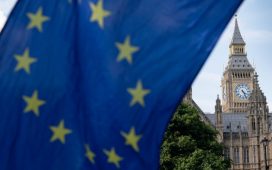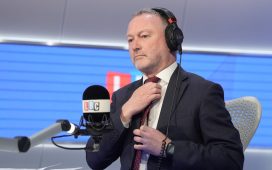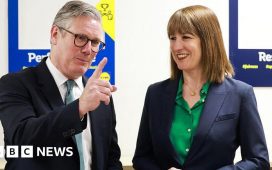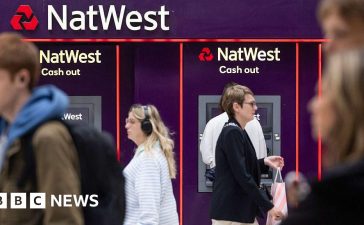MPs are set to debate a petition relating to prescription charges for people with chronic or long-term health conditions.
The petition, which has more than 20,000 signatures, stated: “Extend the criteria for medical exemption certificates.
“The MedEx criteria should include chronic illnesses as acknowledged by the NHS. This includes but is not limited to MS, PCOS, endometriosis, IBD, POTS, depression, anxiety and Ehlers-Danlos Syndrome.”
It argued: “Living with a chronic condition can be extremely difficult. The symptoms and complications of having chronic diseases often means people have to either give up work or reduce their hours – as a consequence some people may not be able to self-fund their medication.”
The petitioner further highlighted the prevalence of prescriptions, stating, “I’ve been given 20 different medications this year alone.” They emphasised that chronic or long-term conditions are manageable but not curable, underscoring the importance of ensuring access to treatment regardless of “privilege”.
In its response to the petition, provided on March 2, 2022, the Government said: “We recognise the impact of chronic illness. 89 percent of prescription items dispensed in the community in England have no charge.
“Those not exempt may save money with a prescription prepayment certificate.”
Although the petition closed in August 2022, the Commons Select Committee has announced it will debate the issue on March 11, 2024.
People will be able to watch the debate live on YouTube at 4.30pm here.
Who currently qualifies for free prescriptions?
The following groups can get NHS prescriptions for free:
- People who are under 16
- People who are aged 16 to 18 and in full-time education
- People who are pregnant or have had a baby in the previous 12 months
- People who are registered as disabled and are unable to go out
- People who have a war pension exemption certificate
- People who are an NHS inpatient
- People who receive Income Support
- People who receive Income-based Jobseeker’s Allowance
- People who receive Income-related Employment and Support Allowance
- People who receive Pension Credit Guarantee Credit
- People who receive Universal Credit (UC) and their earnings during their last assessment period were £435 or less, or £935 or less if their UC includes an element for a child or they have limited capability for work
- People who own a valid NHS tax credit exemption certificate
- People who have a valid NHS certificate for full help with health costs (HC2).
- People who have certain illnesses including cancer and epilepsy
- People who are aged 60 or over.
To clarify eligibility, people can use the NHS’s three-minute tool that allows them to check more accurately.
What are petition debates?
Petition debates are ‘general’ debates which allow MPs from all parties to discuss the important issues raised by one or more petitions and put their concerns to Government Ministers.
However, petition debates don’t end with a vote to implement the request of a petition.
Instead, the aim is to allow MPs to discuss the issues raised and get a response from the Government.








